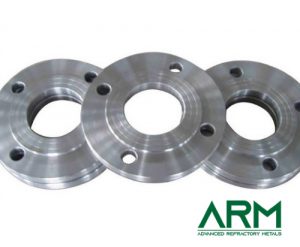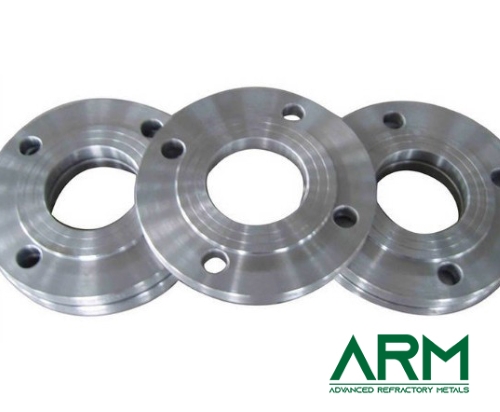Introduction
In the vast and complex world of industrial systems, metal flanges are fundamental components that ensure the integrity and functionality of piping networks. These devices connect pipes, valves, pumps, and more, enabling a cohesive and operational system.
This article provides an in-depth look at metal flanges. Hope that you can learn more about their types, materials, applications, and the advantages they offer to industries worldwide.

Overview of Metal Flanges
Metal flanges provide strong, stable connections in a variety of settings, supporting the rigorous demands of industrial operations. They are employed to connect sections of pipes or to join pipes to other components, ensuring a secure and leak-proof system. The design of metal flanges allows for ease of assembly and disassembly. That’s essential for maintenance and inspection processes.
Advantages of Using Metal Flanges
The deployment of metal flanges in industrial applications offers several benefits:
- Durability and Strength: They withstand high pressures and temperatures. In this way, they ensure long-term reliability and safety.
- Leak Prevention: Properly installed flanges help maintain the integrity of the system and prevent leaks and potential environmental hazards.
- Ease of Maintenance: Flanges facilitate easier access for inspection and maintenance, reduce downtime, and increase efficiency.
Related reading: Tantalum Flanges In Chemical Processing Industries
Applications of Metal Flanges
Metal flanges find extensive use across various sectors:
- Oil and Gas Industry: They handle extreme pressures and corrosive materials, so robust flanges become crucial for oil pipelines and refining processes.
- Chemical Processing: Resistance to corrosive substances is a must, and metal flanges meet these specifications.
- Water and Wastewater Management: Ensuring leak-free connections is vital for maintaining the integrity of water treatment facilities.
- Power Generation: Flanges are used extensively in plants. They are particularly useful where steam is utilized for power generation.
Common Types of Metal Flanges
- Weld Neck Flanges: Such flanges come with long tapered hub. Weld neck flanges are designed to provide reinforcement in high-pressure environments. They are particularly effective in systems where there is significant thermal expansion. So, they become ideal for high-temperature applications found in power generation and petrochemical industries.
- Slip-on Flanges: As the name suggests, these flanges are slipped over the pipe before being welded into place. Their ease of alignment and cost-effectiveness make them a popular choice in lower pressure applications, such as water distribution and light commercial projects.
- Blind Flanges: These flanges close off the ends of piping systems or pressure vessel openings. Blind flanges are crucial for periodic inspection or cleaning as they can be easily removed to access the system.
- Threaded Flanges: These components are threaded in the bore to match an external thread on the pipe. Threaded flanges are advantageous in applications where welding is not suitable. They are particularly useful in highly explosive areas because welding could pose a safety risk in these areas.
- Socket Weld Flanges: Best suited for small diameter pipes, these flanges are inserted into the flange before welding. They are excellent for high-pressure applications and ensure a smooth flow of fluid or gas.
Materials Used in Metal Flanges
The choice of material for metal flanges is critical and depends on the application’s specific requirements, including the type of fluid, temperatures, and pressures involved:
- Carbon Steel: This is the most commonly used material due to its durability and resistance to high pressure and temperature. It’s suitable for applications in oil and gas transmission, as well as power generation.
- Stainless Steel: With superior resistance to corrosion and oxidation, stainless steel flanges are preferred in chemical processing and marine applications where exposure to corrosive environments is frequent.
- Alloy Steel: Alloy steel flanges work for more demanding applications that require additional strength or corrosion resistance. They are often found in specialized applications within the chemical and power generation industries.
Conclusion
Metal flanges are essential in the construction and maintenance of industrial piping systems. Their ability to ensure durable, secure, and efficient connections makes them essential in a myriad of industrial applications, from the depths of the ocean to the vastness of space in aerospace applications. As technology and materials science advance, the development of more sophisticated flanges continues, promising even greater efficiency and safety in industrial operations.
Advanced Refractory Metals (ARM) offers a diverse selection of Metal Flanges, including zirconium flanges, tantalum flanges, titanium flanges, tungsten flanges, and Inconel flanges. Customization options are also available to cater to your specific requirements. For more information, please check our homepage.
